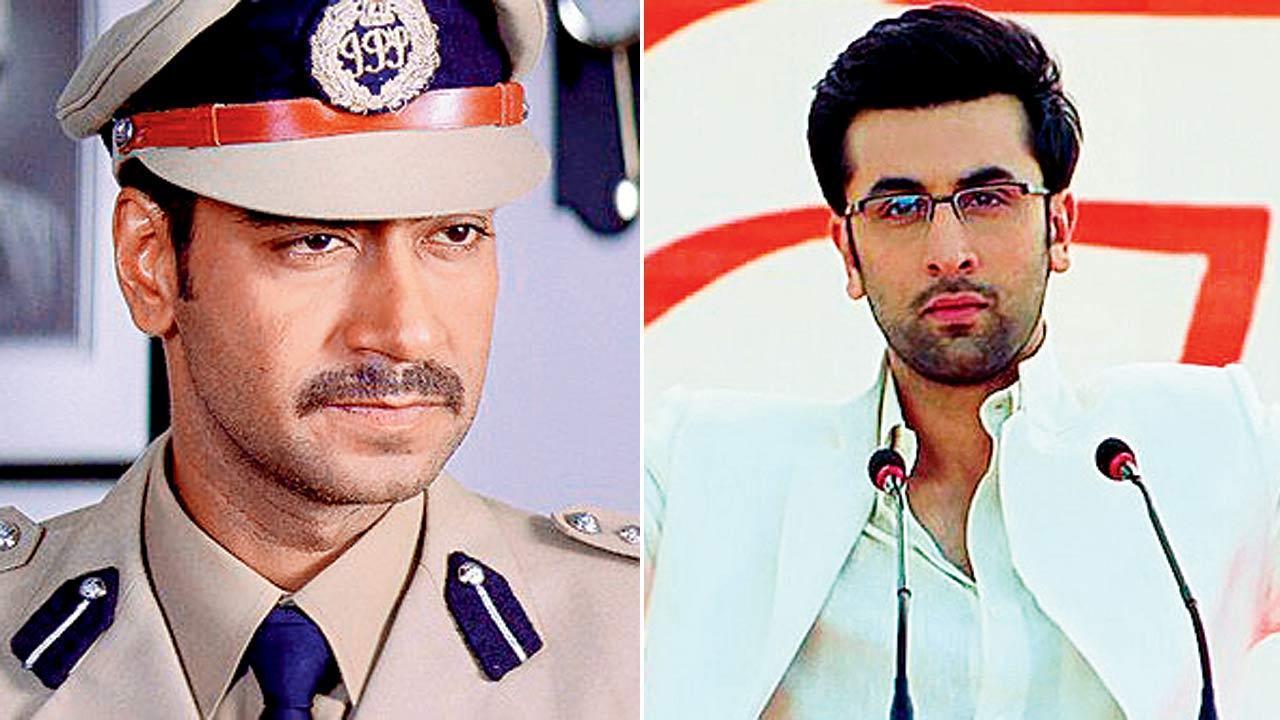
Australia pacer Mitchell Starc has openly criticized the pre-seeding process in the ongoing T20 World Cup held in the West Indies and the USA. Australia’s remarkable performance in the group phase saw them secure victories in all four matches, topping Group B. Despite this impeccable record, they have been placed in the Super 8 round as ‘B2′ in Group 1, alongside India, Afghanistan, and Bangladesh.
This situation unfolds amid a cloud of controversy as the seedings for each group were predetermined by the International Cricket Council (ICC) before the tournament even began. The ICC had clearly stated that these seedings would remain unchanged regardless of the teams’ standings in the initial group stages. Consequently, Australia’s top spot in Group B had no impact on their pre-determined seeding, which remained ‘B2’ as they moved to Group 1.
Mitchell Starc, known for his unfiltered opinions, didn’t shy away when probed about the pre-seeding system. “I think there’s a question to be asked about pre-seeding. I’m not sure I’m a fan of that,” the left-arm pacer stated, expressing his disapproval. The pre-seeding debate intensified when discussions arose around Australia potentially manipulating game results to knock out rivals England. Starc’s teammate, Josh Hazlewood, previously made headlines with similar remarks, stirring the pot of public debate, though Hazlewood later claimed his words were taken out of context.
Starc accused the media of sensationalizing the comments. “I think a throwaway line has been blown right out of proportion by you lot,” he admonished. “You don’t stuff around with mother cricket and trying to worry about other results. We’re here to win games. It’s international cricket. England now are on the other side of the draw, so it really doesn’t make that much difference for the next three games.
. So yeah, I think that was blown right out of proportion by you guys,” Starc emphasized, refocusing the narrative on Australia’s commitment to competing fair and square, rather than playing strategic games to influence outcomes.
Despite the controversy, Australia continued their dominant run. In a captivating encounter against Scotland, they successfully chased down a target of 181 runs, securing their progression to the Super 8s while inadvertently assisting England in qualifying, an outcome that further complicated the narrative around alleged game manipulation.
Hazlewood’s earlier comments, igniting speculations of Australia possibly dragging out the game to disrupt England’s chances, were seen as a potential strategy to gain an edge in the tournament. However, the straightforward victories and Starc’s defiant stance against such claims paint a different picture. Starc and his teammates seem keen to maintain the integrity of the sport over engaging in gamesmanship.
The pre-seeding rules, stipulated by ICC, intended to bring a structured and predictable format to the tournament, but it has drawn criticism from players and fans alike for reducing the impact of group-stage performances. Critics argue that it undermines the essence of a fair competition where every match and victory is supposed to count towards the team’s advancement and positioning.
The ongoing debate raises critical questions about the balance between planning for a standardized tournament structure and preserving the competitive spirit of cricket, where teams should ideally earn their positions based solely on their performances. For many, the essence of a World Cup lies in its unpredictability and the dramatic shifts in fortunes that can occur from one match to the next.
As the tournament progresses into the Super 8 stage, all eyes will be on how the pre-seeding impacts the dynamics and outcomes of the games. Australia’s path forward, despite the controversy, demonstrates their determination to not just excel but also challenge the governing rules that seem to lack the flexibility of responding to on-field performances.
While Starc’s critique brings to light significant concerns, the ICC’s adherence to pre-seeding suggests an attempt to uphold a streamlined approach to the tournament’s structure. However, the discontent among players and analysts alike indicates a need for re-evaluation of such policies to perhaps align them more closely with the competitive realities of the sport.
As the T20 World Cup unfolds, the ongoing discourse around pre-seeding will undoubtedly influence future considerations on how best to structure these global tournaments. For now, fans and players alike will keep their focus on the upcoming matches, hoping that the spirit of cricket remains untainted by any procedural controversies.










